Is Eating Dark Chocolate Healthy? Know More!
If you’re health-conscious or watching your diet, maybe dark chocolate is the way to go!
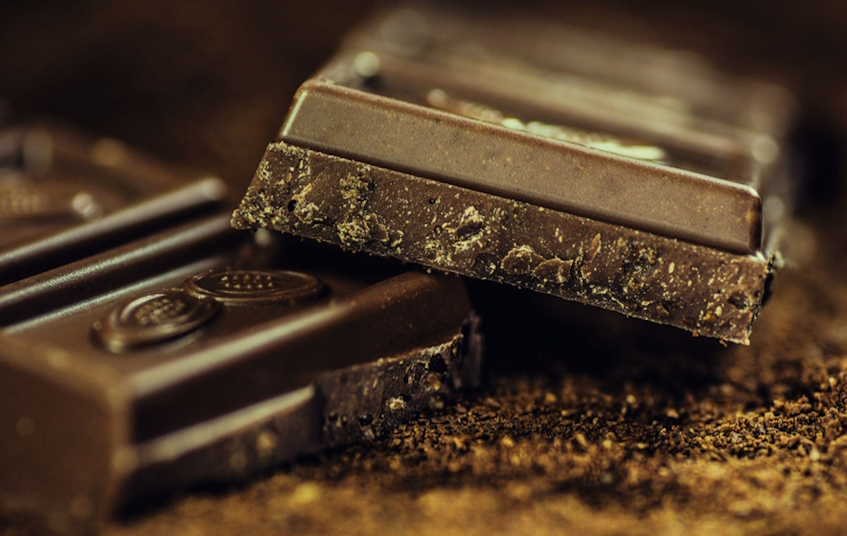
Share
But do you feel guilty for having too much sugar? If you’re health-conscious or watching your diet, maybe dark chocolate is the way to go!
Dark chocolate is in demand!
The global dark chocolate market is a $65.6 billion industry projected to grow to almost $132 billion by 2033. These figures suggest a massive demand for and consumption of this cocoa-based product.
Chocolate is among life’s decadent treats, and you can enjoy it in many ways, like eating it as a candy bar or drinking it in a hot cup. If you’re a parent, you can consider giving your children chocolate from time to time.
Some people may also argue that chocolate, including dark chocolate, may have potential health benefits. Learning about these benefits can help you decide whether to include dark chocolate in your diet.
Dark Chocolate’s Potential Benefits
Chocolate is generally delicious to consume, but it’s not always healthy. However, experts say that dark chocolate may contain numerous benefits.
The Harvard School of Public Health mentions that dark chocolate contains beneficial nutrients like the following:
Copper: Helps produce red blood cells and keeps your immune system and nerve cells healthy. Copper also acts as an antioxidant to reduce free radicals that can damage cells.
Magnesium: Assists various enzymes in building strong bones and proteins and regulating blood pressure, blood sugar, and nerve functions.
Phosphorus: Plays an essential role in the body’s protein production for the growth, repair, and maintenance of cells and tissues. Phosphorus also helps the body produce ATP (adenosine triphosphate) to store energy.
Iron: Helps the body produce hemoglobin, a red blood cell protein that carries oxygen from the lungs to other parts of your body, and myoglobin, a protein that transports oxygen to the muscles.
Dark chocolate in pregnancy
Dark chocolate can also be a delightful treat for expectant mothers, offering both satisfaction and potential health benefits. According to a recent study it is considered safe and advantageous for expectant mothers to consume moderate quantities of dark chocolate during pregnancy.
Dark chocolate provides 18% of your RDA (recommended daily allowance) of iron in 100g. Find out more about iron requirements in pregnancy here
However, it is recommended that pregnant women consult their healthcare provider to ensure that their dietary preferences are suitable for their individual requirements and situations.
Phytonutrients
Resveratrol: May slow down the development of cancer and can be an antioxidant that delays the development of heart disease.
Polyphenolic compounds: When you feel unwell, you may feel better after consuming dark chocolate. People often associate dark chocolate with enjoyment and pleasure. Such feelings may originate from polyphenolic compounds in the product.
Polyphenolic compounds are antioxidants that help lower stress hormones called cortisol. So when you eat dark chocolate, it may enhance your mood. One study showed that consuming dark chocolate with 85% cocoa content may help improve mood through microbial changes in the gut (the gastrointestinal system).
Flavanoids: Assists in improving blood flow to your heart and brain, lowering blood pressure, fighting cell damage, and preventing blood clots.
Flavonoids are compounds found in plants, fruits, leaves, and vegetables and may contain anti-inflammatory, antioxidant, anticancer, and antiviral properties. These compounds may also have cardioprotective (protects the heart) and neuroprotective (protects the nerves) benefits.
Dark chocolate contains cocoa solids with two to three times more flavanol than milk chocolate. Studies suggest that flavanols in chocolate may help increase insulin sensitivity, which could reduce diabetes risk in the long term.
Sugar Content
Cocoa solids comprise 50% to 90% of a dark chocolate’s composition. In comparison, milk chocolate only has 10% to 50% of cocoa solids. Experts say that a higher percentage of cocoa solids means more flavonoids and lower sugar content.
Milk chocolate and dark chocolate contain similar ingredients, like cocoa solids, sugar, and cocoa butter, at the core. But compared to milk chocolate, dark chocolate has lower fat and sugar content.
High sugar intake often leads to a higher risk of heart disease. Meanwhile, excessive fat intake can increase your risk for obesity, cardiovascular disease, and certain cancers.
In other words, eating dark chocolate may have lesser health risks than milk chocolate.
Dairy Free
If you’re sensitive to dairy products like milk solids or maintaining a dairy-free diet, dark chocolate can be a great alternative. It is generally a non-dairy product compared to milk chocolate.
What about any downsides to dark chocolate?
Higher amounts of dark chocolate may contain more caffeine and a bitter taste. Eating two ounces of 70% dark chocolate equals consuming about 50 milligrams (mg) to 60mg of caffeine.
If you want to consume dark chocolate despite the caffeine, experts suggest a serving size of one to two ounces.
It can have a bitter taste so consider starting with 50% dark chocolate, especially if you haven’t tried eating it. If you can tolerate its bitter taste or caffeine content, you can move up gradually.
If you’re still uncertain about dark chocolate’s health benefits, consult a nutritionist or dietitian to learn more about this bittersweet treat.
Our Conclusions!
To wrap this up, eating dark chocolate has many more advantages compared to regular chocolate! It contains antioxidants that are good for the heart, helps improve brain function, and can boost your mood. So go ahead and indulge yourself with the treat everybody loves!
References
Copper https://www.checkyourfood.com/micronutrients/micronutrient/22/copper
Cocoa: a sweet treat for the brain?
https://www.health.harvard.edu/blog/cocoa-sweet-treat-brain-201502057676
Cocoa: a sweet treat for the brain?
https://www.health.harvard.edu/blog/cocoa-sweet-treat-brain-201502057676
Iron
https://www.checkyourfood.com/micronutrients/micronutrient/24/iron
Magnesium
https://www.checkyourfood.com/micronutrients/micronutrient/25/magnesium
Phosphorus in diet
https://www.checkyourfood.com/micronutrients/micronutrient/28/phosphorus
Important Flavonoids and Their Role as a Therapeutic Agent
https://www.ncbi.nlm.nih.gov/pmc/articles/PMC7697716/
Consumption of 85% cocoa dark chocolate improves mood in association with gut microbial changes in healthy adults: a randomized controlled trial
https://www.sciencedirect.com/science/article/pii/S0955286321002746
https://www.sciencedirect.com/science/article/pii/S0955286321002746
Love this? Get blogs and more in your inbox
Subscribe to receive our blogs plus each weeks featured ingredient, recipe and nutrient in your inbox
Thank you for registering

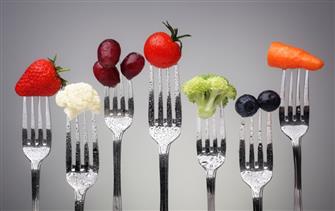 About nutrients
About nutrients
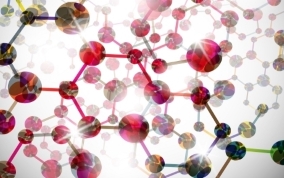 All nutrients
All nutrients
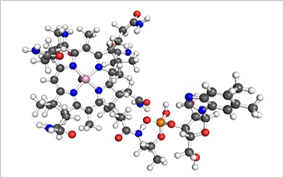 vitamins
vitamins
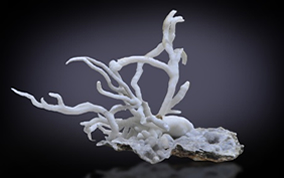 minerals
minerals
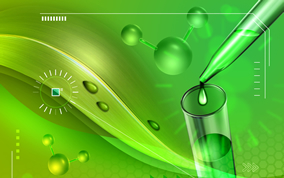 phytochemicals
phytochemicals
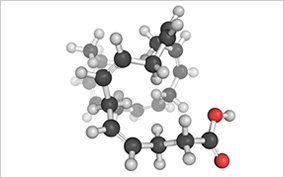 fatty acids
fatty acids
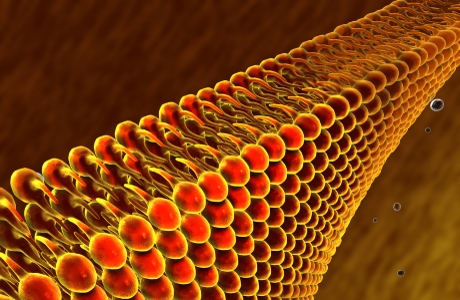 macronutrients
macronutrients
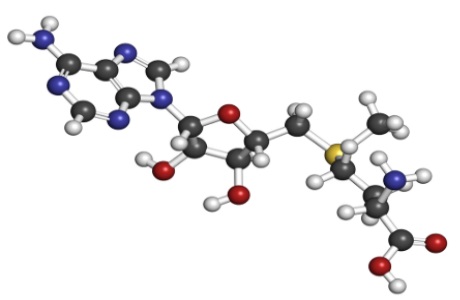 amino acids
amino acids




